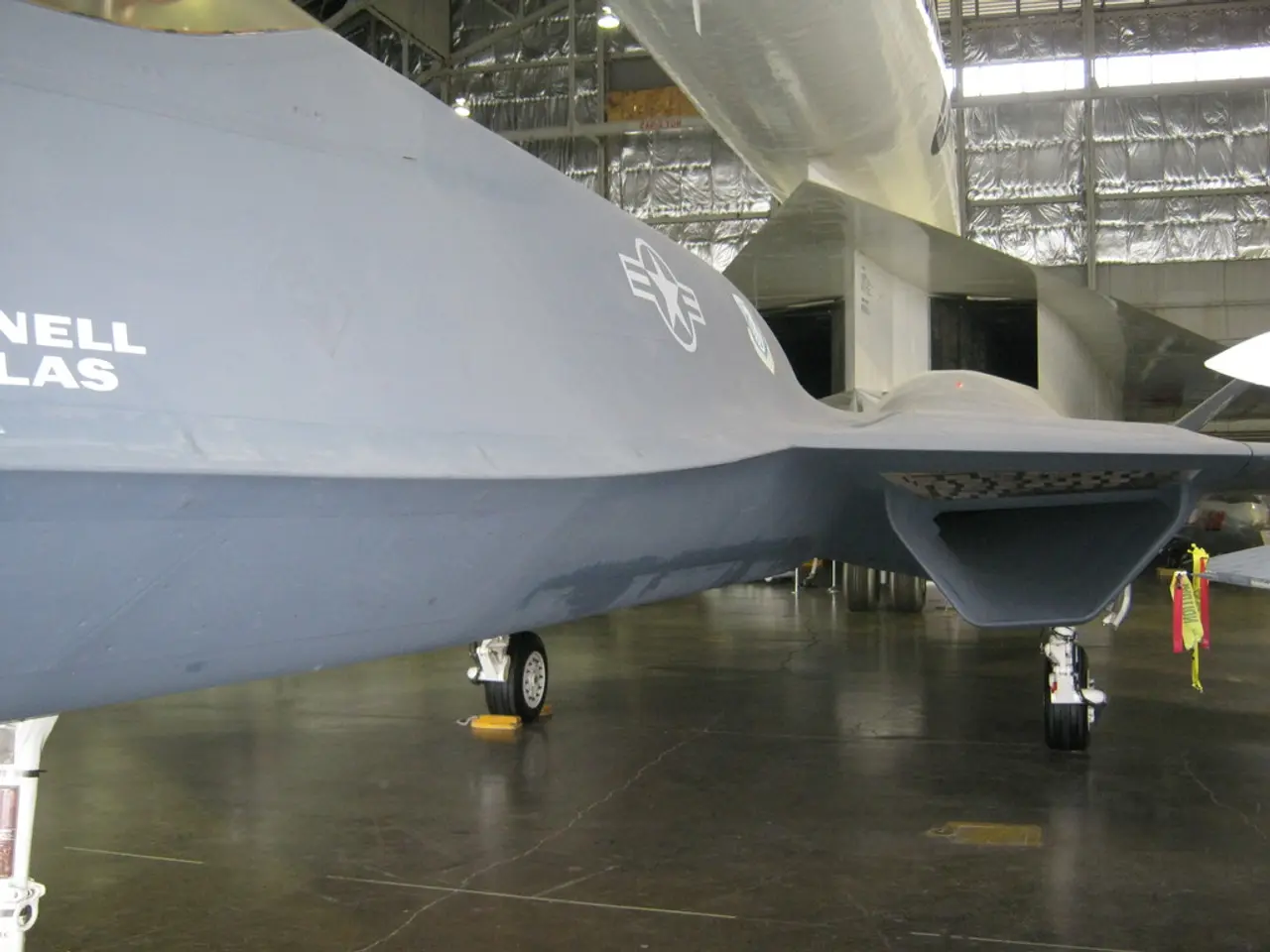Firewall Showdown: Potential Consequences
In the aftermath of the tragic Air India Boeing 787 Dreamliner crash in Ahmedabad, which claimed the lives of all 260 onboard and some on the ground, the focus of the investigation has shifted towards human factors in the cockpit. According to Andreas Pinheiro, president of the German pilots' union, Cockpit, two well-rested, qualified, and trained pilots in the cockpit remain the gold standard for safe flying.
However, emerging evidence suggests that the captain, Sumeet Sabharwal, may have intentionally cut off fuel to the engines moments after takeoff. This alarming action caused a rapid loss of engine power, leading the plane to descend uncontrollably and crash. Cockpit voice recorder transcripts reveal a tense exchange where the first officer, Clive Kunder, questioned the captain's decision to move fuel switches to the "cutoff" position, indicating confusion and alarm. The captain appeared calm but denied responsibility, deepening the mystery around the cause of the fuel cutoff.
The investigation is also shedding light on the pilot’s mental health and psychological state. Reports suggest that Captain Sabharwal may have been struggling emotionally following personal losses and stress, though no formal diagnosis has been made public. This tragic incident underscores the pressing need for improved mental health monitoring and support systems in commercial aviation to prevent potential pilot suicides or intentional acts in the cockpit.
The ongoing Air India crash investigation is a critical reminder of the complex human factors behind aviation safety and the importance of addressing pilot well-being alongside technical safeguards to ensure flight safety. Key areas for reform include enhanced mental health screening and continuous evaluation for pilots, improved cockpit protocols, and training and procedures to prepare flight crew for recognizing and managing human error or intentional sabotage risks.
While technical failures were not directly implicated, the human factor—potentially involving deliberate actions by the captain amid mental health challenges—is at the center of the probe, driving a reevaluation of pilot psychological support and cockpit safety measures in commercial aviation. The reactivation of the fuel supply came too late, causing the crash, and attention is focused on the two pilots of the Air-India plane.
The industry is researching aircraft that can fly without a crew, but initial attempts will be remotely controlled from the ground rather than autonomous. The tragic Air India crash serves as a stark reminder of the importance of human oversight and the need for continued vigilance in maintaining the highest standards of pilot training, mental health support, and cockpit safety measures.
- The general-news surrounding the Air India Boeing 787 Dreamliner crash has brought the issue of crime-and-justice into focus, as the captain's intentional actions and potential mental health struggles are under investigation.
- Despite the potential for advancements in sports (autonomous aircraft), the tragic Air India crash underscores the critical need for human oversight, particularly in areas such as pilot training, mental health support, and cockpit safety measures.







